Click on a priority above to go directly to that section. You can use the pink 'Back to top' button on the bottom left hand of your screen or scroll up to go back here.
Applying for support in A Fairer Future
- In each priority, we have identified a number of long-term outcomes. We want to know how your work contributes to these. Unless specified, applications do not need to meet more than one long-term outcome.
- We also share case studies. You can go back to this guidance by clicking 'back' in your browser.
Diversity, Equity and Inclusion:
Through our support, we recognise that tackling injustice – particularly for people who are affected by systemic injustice – requires resource, capacity and emotional resilience.
- We're interested in working with organisations who can demonstrate how diversity, equity and inclusion runs through all they do and how they work. We're especially keen to support organisations led by the people they serve. For this, we have adopted the DEI Data Standard to define what we mean by leadership.
- We commit to funding more organisations led by communities experiencing racial inequity, and we aim to give more long-term funding and support to organisations working to advance racial justice. We will also work with partners to identify, fund, and nurture smaller organisations led by communities experiencing racial inequity that are working towards our impact goals.
Arts and creativity making change
-

-
We have two long-term outcomes:
- A representative cultural workforce led by a new and diverse generation of cultural leaders.
- Youth-led creativity builds on young people's power to make change, using creativity to enhance their lives, develop their careers, and influence the world around them. (Closed to applications)
Guidance on applying, along with case studies, are below. Explore recent grants made in Arts and creativity making change.
1. Representative cultural workforce led by a new and diverse generation of cultural leaders.
We want to support work that:
- Creates change in the cultural sector to ensure there is equal access to creative, technical and administrative careers for people who identify as D/deaf, disabled or neurodivergent, are from communities experiencing racial inequity, or who are economically disadvantaged.
- Addresses barriers to career progression due to systemic injustice in the cultural sector.
- Builds the capacity of a new, inclusive generation of cultural leadership, creating change and encouraging diverse ideas, perspectives, and experiences to inform whose stories get told and how.
- Is ambitious and can contribute to embedding change long-term to address injustice, particularly those that overlap with our other priorities.
We will consider work that involves Further Education and Higher Education - particularly where there is a need for specific technical or artistic skills.
Targeting our support
We make 8-12 grants a year towards a more representative cultural workforce. As demand is very high, we encourage applicants to consider how closely their work fits what we want to support as this informs our decision-making.
We will prioritise funding organisations that:
- Are led by and for underrepresented groups that need support to grow their work
- Have strong networks and evidence of contributing to long-term change and share power with underrepresented groups.
We also want to allocate more of our funding outside London, and to Scotland, Wales, and Northern Ireland.
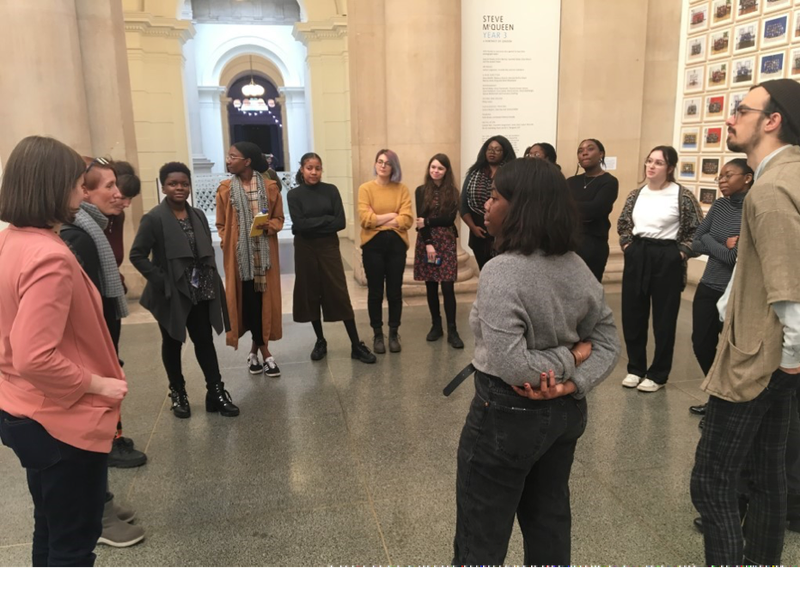
Culture&
Culture&
Culture& works in partnership with arts and heritage organisations to develop programmes that promote diversity by opening up the UK arts and heritage sectors to new talent and audiences – particularly people with experience of systemic injustice.
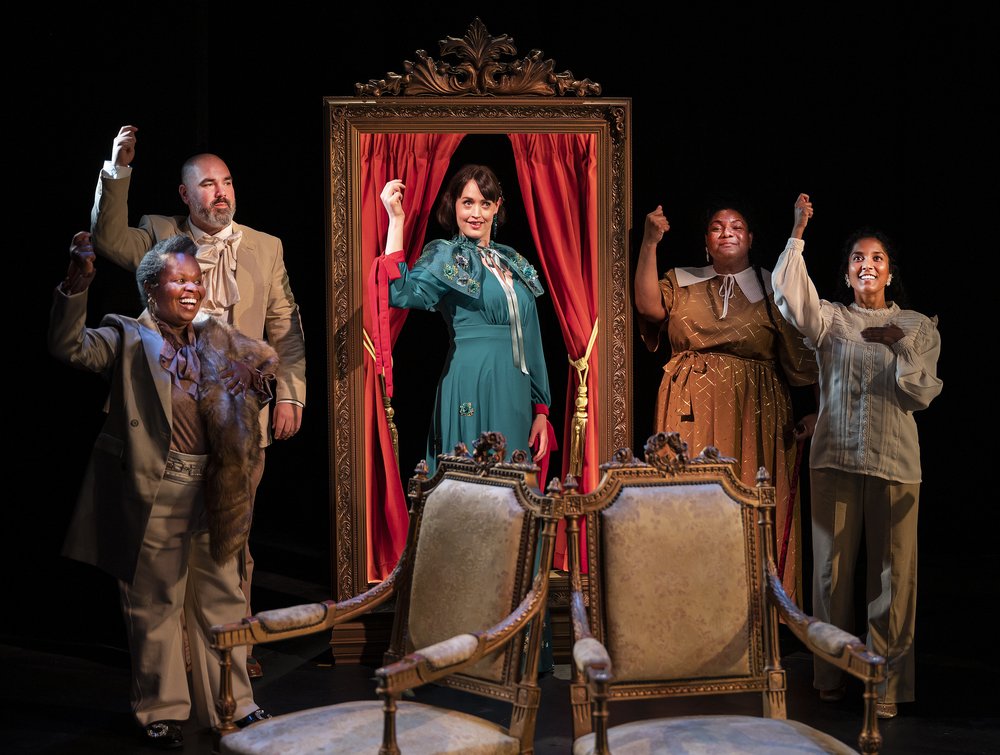
Graeae Theatre Company
Graeae Theatre Company
Graeae is a world-class accessible theatre company, that breaks down barriers and transforms preconceptions by placing Deaf, disabled and neurodivergent artists centre stage.
2. Youth-led creativity builds on young people's power to make change, using creativity to enhance their lives, develop their careers, and influence the world around them.
Closed to applications
We are working with our Involving Young People Collective to co-design the process and specifics for the next iteration of the Youth-Led Creativity programme, including taking learning from the first cohort of organisations funded. We are planning to make grants in 2026, and will be sharing more information about how the funding will be distributed in due course.
Learn more about the first cohort of organisations funded through the Youth-Led Creativity programme.
Children and young people’s rights
-

-
Involving young people
We want the views and voices of children and young people to be at the heart of our work in Children and young people’s rights. To help us do this, we will use the Involving Young People Values to support our decision-making. These were developed by Esmée’s Involving Young People Collective and offer guidance and learning for organisations on co-production with young people.
We have five long-term outcomes:
- A shift in early years provision to ensure that young children (0-5) and their families facing barriers have quality support. (Closed to applications)
- Fewer young people, particularly those with SEND and/or experiencing racial inequity, in contact with the youth justice system, and excluded from school.
- Children’s rights are better met, with specialist legal support and better protection for marginalised groups.
- Young people (14-25) with experience of injustice create and lead positive change, and shape decision making.
- An end to the ‘cliff edge’ of support for young people leaving care. (Closed to applications)
Guidance on applying, along with case studies, are below. You can also explore recent grants made in Children and young people's rights.
1. A shift in early years provision to ensure that young children (0-5) and their families facing barriers have quality support.
Closed to applications
We are closed to applications for this outcome. We want to work more closely with our partners and the organisations we are currently supporting, as well as be more focused and strategic in our support.
We may invite applications where we think we can best add value, but these will be small in number and by exception.
2. Fewer young people, particularly those with SEND and/or experiencing racial inequity, in contact with the youth justice system, and excluded from school.
We want to support work that:
- Is designed and driven by young people with lived experience of the youth justice, school exclusion and care systems
- Challenges injustice in systems for young people, particularly for those experiencing racial inequity, disabled young people and those with special educational needs.
- Goes beyond delivery of preventative programmes to share learning and spread effective approaches in statutory services.
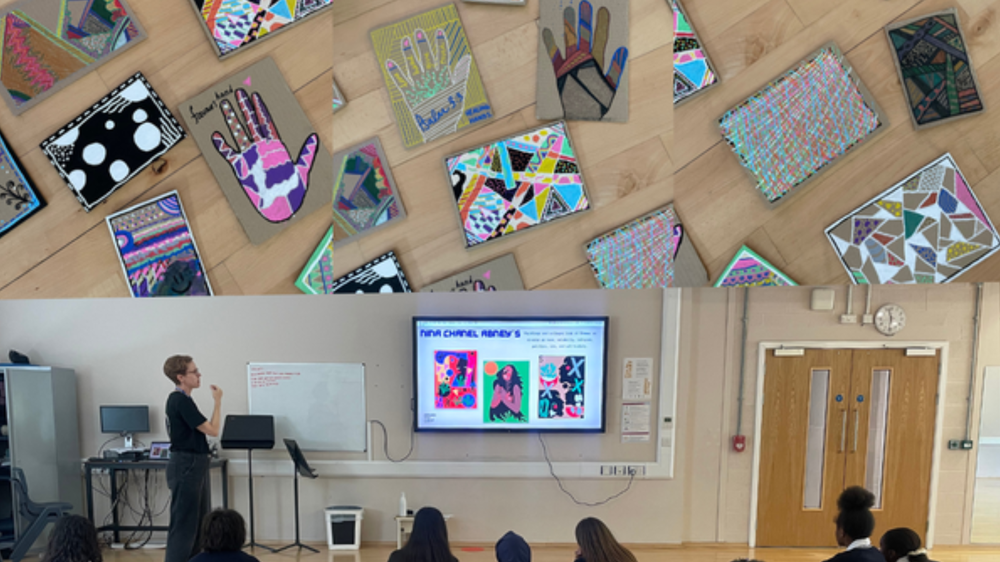
Power The Fight
Power The Fight
Power The Fight tackles violence affecting young people by creating long-term solutions for sustainable change and act as a link between the community and policy makers.
3. Children's rights are better met, with specialist legal support and better protection for marginalised groups.
We want to support work that:
- Is driven and shaped by young people with experience of injustice.
- Improves and protects the rights of marginalised children and young people through influencing and strategic litigation.
- Builds understanding of children’s legal rights amongst organisations working with children and young people, as well as their confidence to identify issues earlier and better use the law.
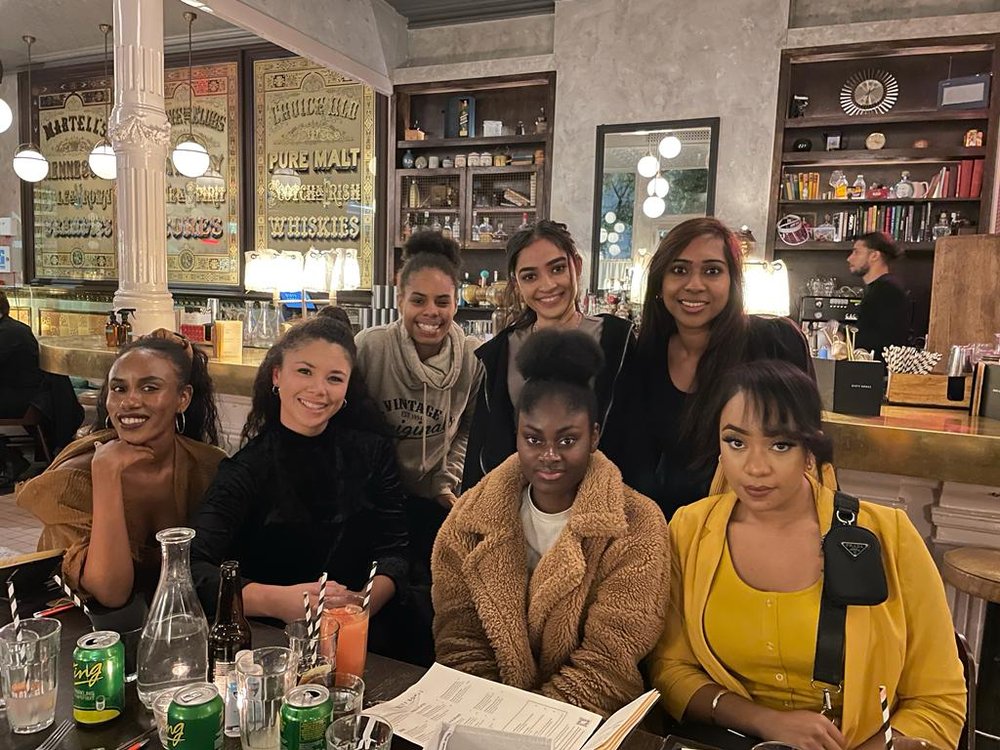
Just for Kids Law
Just for Kids Law
Just for Kids Law works with and for young people to ensure their legal rights are respected and promoted, and their voices are heard and valued.
4. Young people (14-25) with experience of injustice create and lead positive change, and shape decision making.
We want to support work that:
- Engages young people with experience of injustice, building their capacity to lead and secure change in unjust systems.
- Supports young people to develop creative solutions to social justice and environmental issues as well as build strategic alliances to create change.
- Enables young people to increase their understanding of the root causes of social injustice, with pathways to develop their changemaking and activism.
Using what we have learned from funding youth activism, we will continue to invest in young people’s drive, talent and passion to tackle issues of injustice and inequality that they experience, through organising and campaigning for change.
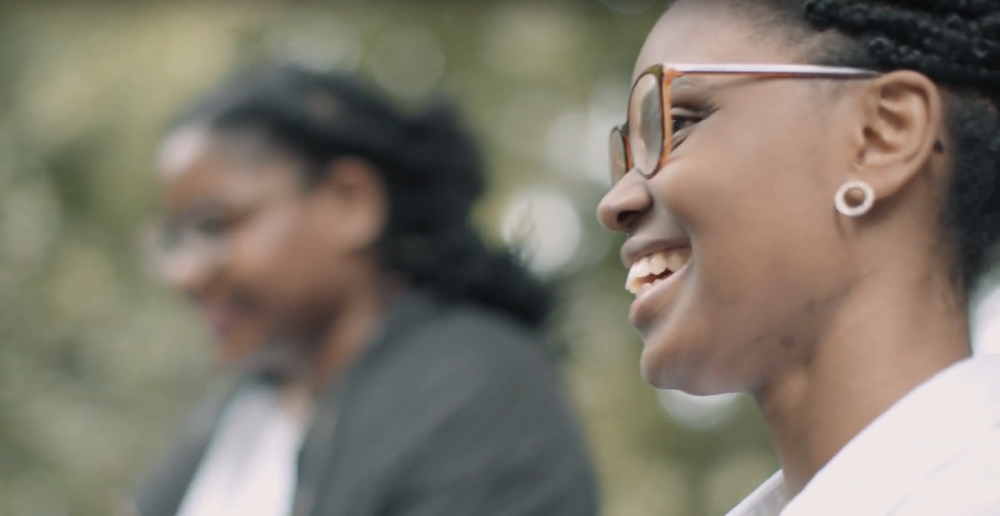
We Belong
We Belong
We Belong is entirely run by, and for, young migrants in the UK. They engage young migrants in advocating for a fairer immigration system, and provide them with the tools to speak out about injustice and become agents of change.
5. An end to the ‘cliff edge’ of support for young people leaving care.
Closed to applications:
We are currently supporting a cohort of organisations working in this area and are focusing our time on working more closely with them to achieve our desired outcomes. We may make new grants where we identify a gap in one of our focus areas, but these will be small in number and by exception.
Please note we are unlikely to fund work with care leavers under other outcomes and priorities. However, if applying for support for work with care leavers under another outcome or priority, please read the relevant guidance to understand whether there is a good fit for your work.
What we hope to achieve from our work:
- More care leavers develop and sustain stable, supportive, and fulfilling relationships.
- Young people leaving care have more say over the decisions that matter to them, their voices are listened to, and acted on.
- There is consistent and good quality support for care experienced young people that leads to successful transitions and independence.
- The system responds quickly to messages from research, learning about good practice and the voices of young people. There is challenge when things go wrong and sharing and spreading of what works well.
Learn more: Young People Leaving Care Learning Programme
Racial justice
-

-
Building our understanding and how we are prioritising our support
We recognise that there is a lot for Esmée to learn about racial justice, and we are exploring where our contribution can have the biggest impact as we continue to build our understanding of the issues. To help us do this, we will be prioritising work that is led by communities experiencing racial inequity. By this, we mean that 75% of the Board or Management Committee, and 50% of senior staff are people with experience of racial inequity.
We have three long-term outcomes:
- Organisations working towards racial justice across our strategy, led by people experiencing racial inequity, are financially resilient and socially transformative.
- Racial inequity in leadership is challenged and changed.
- Harm caused by racial injustice in systems, policy and practice is reduced.
Guidance on applying, along with case studies, are below. You can also explore recent grants made in Racial justice.
1. Organisations working towards racial justice across our strategy, led by people experiencing racial inequity, are financially resilient and socially transformative.
Initially, we are seeking to work with a small number of partner organisations who can lead this work. We want to work with partners who:
- Are driven and shaped by communities experiencing racial inequity.
- Have an infrastructure role, supporting and building the capacity of frontline organisations that are led by communities experiencing racial inequity, and may have experience of delivering grants.
- Are leading the way itself or as part of a partnership or collaboration to create transformative change towards racial justice.
- Are able to operate regionally or nationally, or where the approach has the potential to spread by sharing learning and replication elsewhere.
- Have the relationships and networks to directly reach and engage with communities experiencing racial inequity.
2. Racial equity in leadership is challenged and changed.
We want to support work that:
- Is driven and shaped by communities experiencing racial inequity.
- Is challenging the status quo and developing solutions to shift what leadership looks like to create racial equity, and influence systemic change.
- Supports and builds the capacity of a new, inclusive and racially diverse, generation of leaders and organisations who are influencing change and developing solutions to create a fairer future
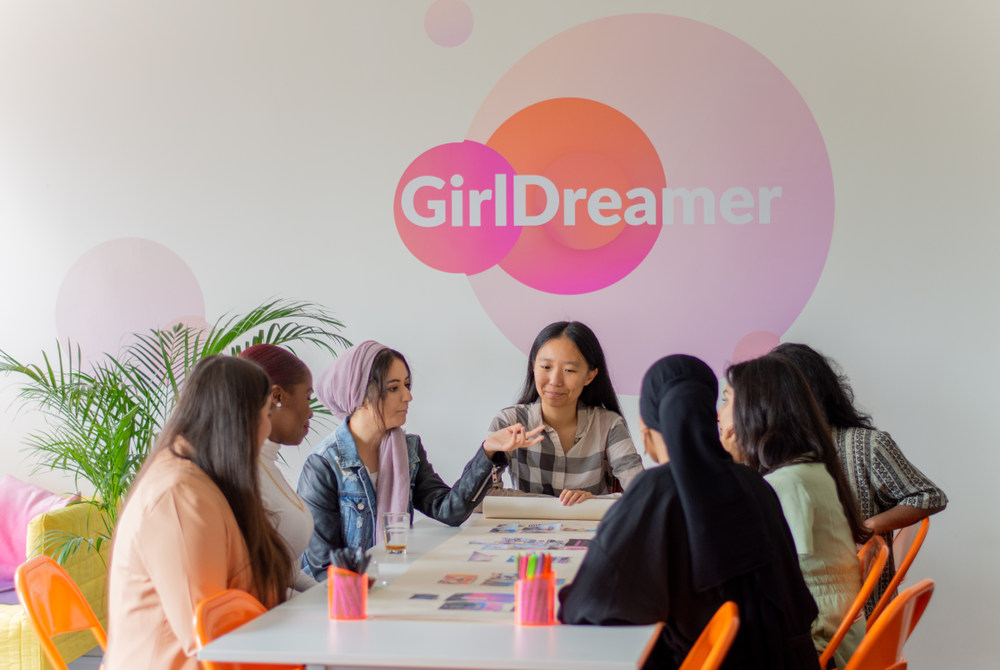
GirlDreamer
GirlDreamer
GirlDreamer is a non-profit organisation that supports the personal, professional and communal development of young women of colour to tackle social inequality and pursue their dreams.
3. Harm caused by racial injustice in systems, policy and practice is reduced.
We want to support work that:
- Changes legislation, policy and practice to address racial injustice.
- Is driven and shaped by people with experience of racial inequity, so that they can themselves have a direct impact on changing the system.
- Brings to light and challenges racial injustice in systems, holding those in power to account, and influencing change.
- Enables and supports a movement for change, ensuring smaller and grassroots organisations’ voices are represented and amplified.
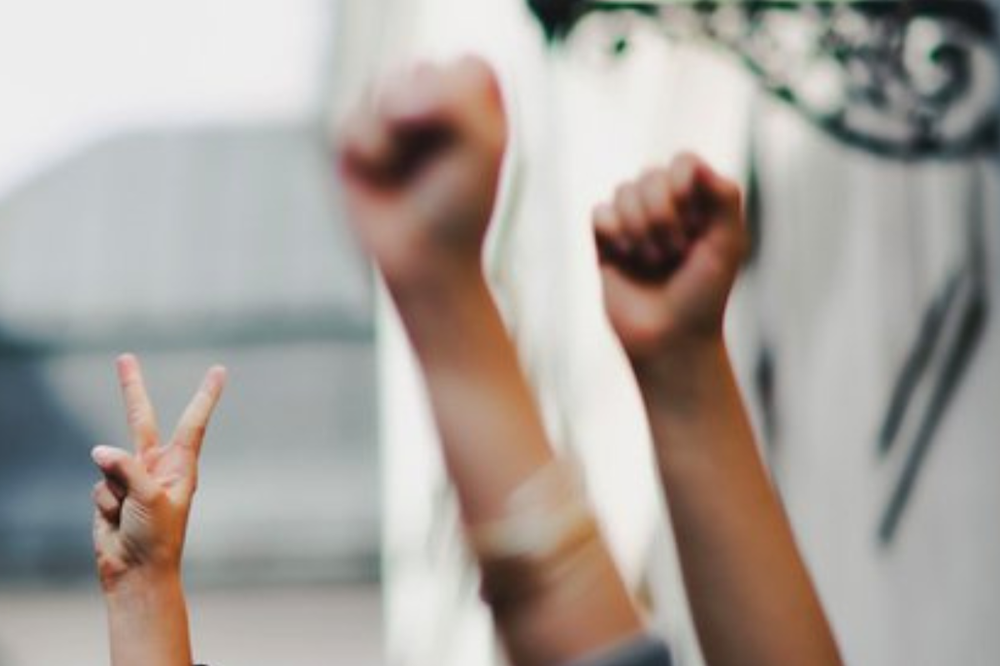
Runnymede Trust
Runnymede Trust is the UK’s leading independent race equality think tank. They work to advance racial justice by providing evidence and research into racial inequalities, influencing policymakers and the wider public.
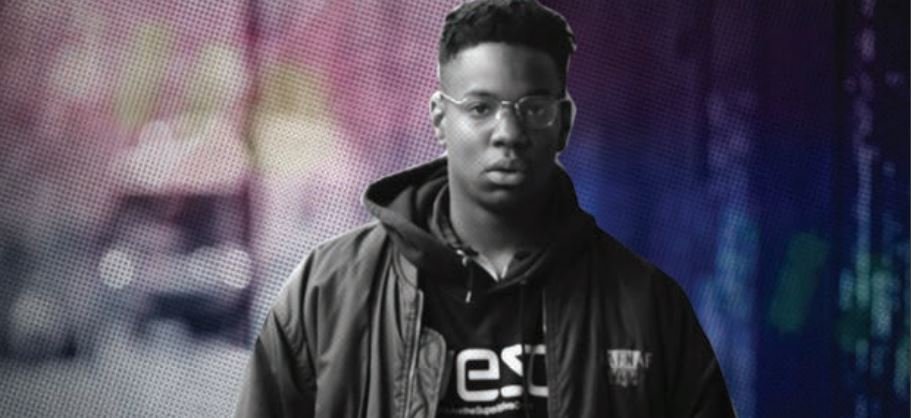
StopWatch
StopWatch
StopWatch is a coalition of legal experts, academics, citizens and civil liberties campaigners. It aims to address excess and disproportionate stop and search, and ensure fair, effective policing for all.
Gender justice
-

-
We have four long-term outcomes:
- Gender-based violence is reduced through the delivery of preventative work.
- Trans and non-binary people’s rights are recognised and protected.
- Policy, practice, and the law better meets the needs of women experiencing multiple challenges and discrimination.
- The negative impacts of the criminal justice system on women and their families are reduced.
Guidance on applying, along with case studies, are below. You can also explore recent grants made in Gender justice.
1. Gender-based violence is reduced through the delivery of preventative work.
We want to support work that:
- Develops and tests interventions to reduce gender-based violence.
- Influences policy and practice on the role of preventative approaches and makes the case for statutory support for preventative work.
- Challenges and addresses the normalisation of harmful attitudes, objectification, and violence at an early stage, as well as in communities.
- Takes a collaborative approach that enables and supports a movement for change.
Case studies:
2. Trans and non-binary people's rights are recognised and protected.
We want to support work that:
- Is driven and shaped by trans and non-binary people, so that they can themselves have a direct impact on changing the system.
- Brings to light and challenges harmful attitudes and narratives about Trans and non-binary people, and builds understanding of the issues amongst the public and decision-makers.
- Takes a collaborative approach that enables and supports a movement for change.
Case studies:
3. Policy, practice, and the law better meets the needs of women experiencing multiple challenges and discrimination.
We want to support work that:
- Is driven and shaped by women experiencing multiple challenges and discrimination, so that they can themselves have a direct impact on changing the system.
- Goes beyond service delivery, and changes legislation, policy and practice.
- Brings to light and challenges gender injustice in systems – particularly for women experiencing multiple challenges and discrimination.
- Improves access to justice for women experiencing multiple challenges and discrimination.
Case studies:
4. The negative impacts of the criminal justice system on women and their families are reduced.
We want to support work that:
- Is driven and shaped by women with experience of the criminal justice system and their families, so that they can themselves have a direct impact on changing the system.
- Goes beyond service delivery, and changes legislation, policy and practice.
- Takes a collaborative approach that enables and supports a movement for change, ensuring the voices of smaller and grassroots organisations are represented and amplified – particularly those led by and for women experiencing multiple challenges and discrimination.
Case studies:
Migrant justice
-

-
We have three long-term outcomes:
- Migrants have improved access to legal help to exercise their rights.
- Legislation and support ensure that migrants' rights are protected, and reflects their needs.
- Public understanding and discussion of migration issues is better informed, particularly by those with lived experience of the migration system.
Guidance on applying, along with case studies, are below. You can also explore recent grants made in Migrant justice.
For all three long-term outcomes, we're looking to support work that:
- Is driven and shaped by migrants, so that they can themselves have a direct impact on changing the system.
- Builds and uses evidence to design a better migration system.
- Changes legislation, policy and practice to meet the needs of migrants.
- Brings to light and challenges injustice in the migration system, countering misinformation.
- Builds understanding of the issues with local communities, the wider public, and decision-makers.
- Supports and amplifies the voices of migrants, enabling more stories of migration to be told and heard.
- Takes a collaborative approach that enables and supports a movement for change, ensuring the voices of smaller and grassroots organisations are represented and amplified.
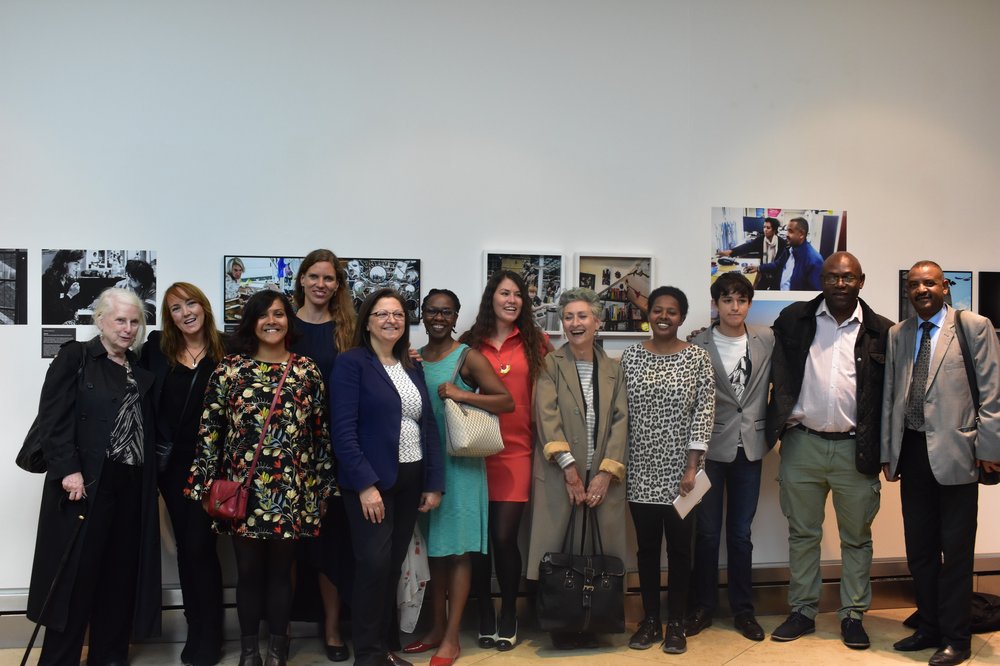
Migrant Voice
Migrant Voice
Migrant Voice works to empower migrants to speak out, challenge perceptions, and change public debate. They are the only migrant-led organisation working specifically to enable migrants to contribute to the media on a national level.
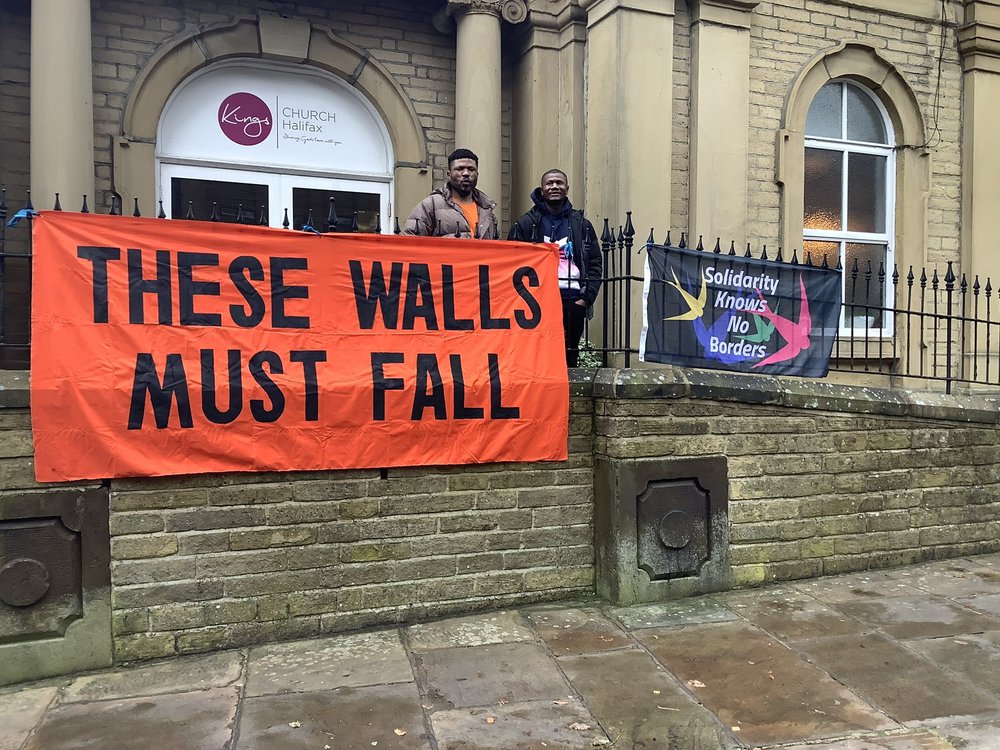
Right to Remain
Right to Remain
Right to Remain works to challenge injustice in the immigration and asylum system. They work with communities, groups and organisations across the UK, providing information, resources, training, and assistance to help people establish their right to remain.

Submit an application
If you think your work is a good fit to our strategy, you can submit an Expression of Interest (EOI). Click the button below to learn more about each stage of the application process and a link to submit an EOI.
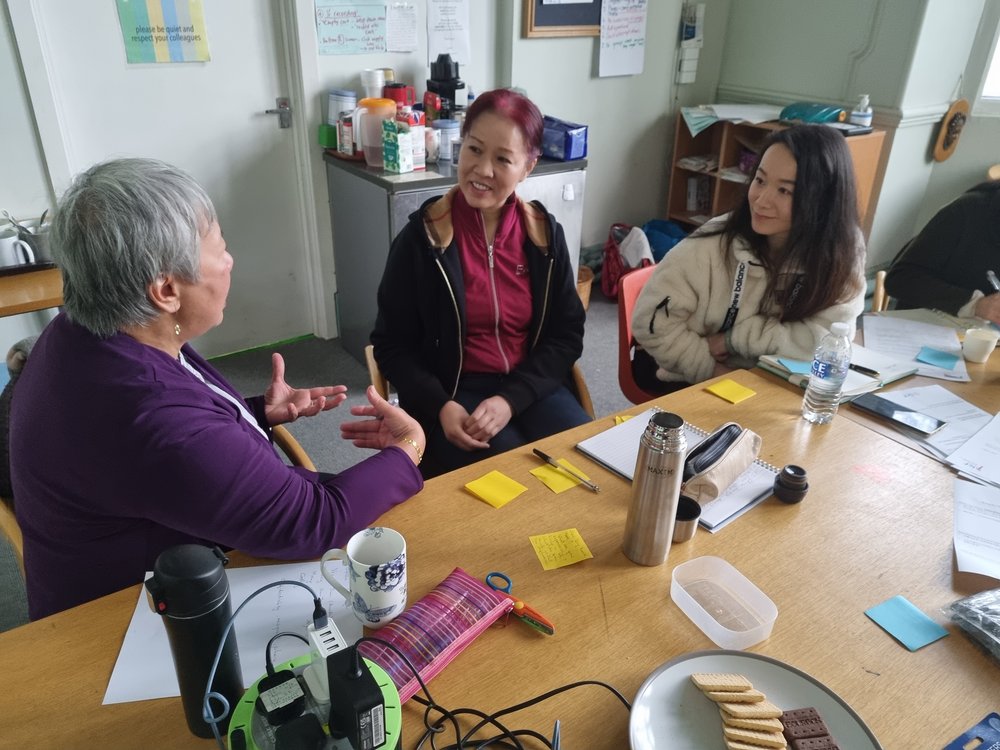
People's Voice Media
How we make decisions
We get far more applications than we can fund. To help us make a decision about what applications to take forward, we look at a range of factors based on how strong a fit the work is to our strategy and how well-placed the organisation is to do the work.